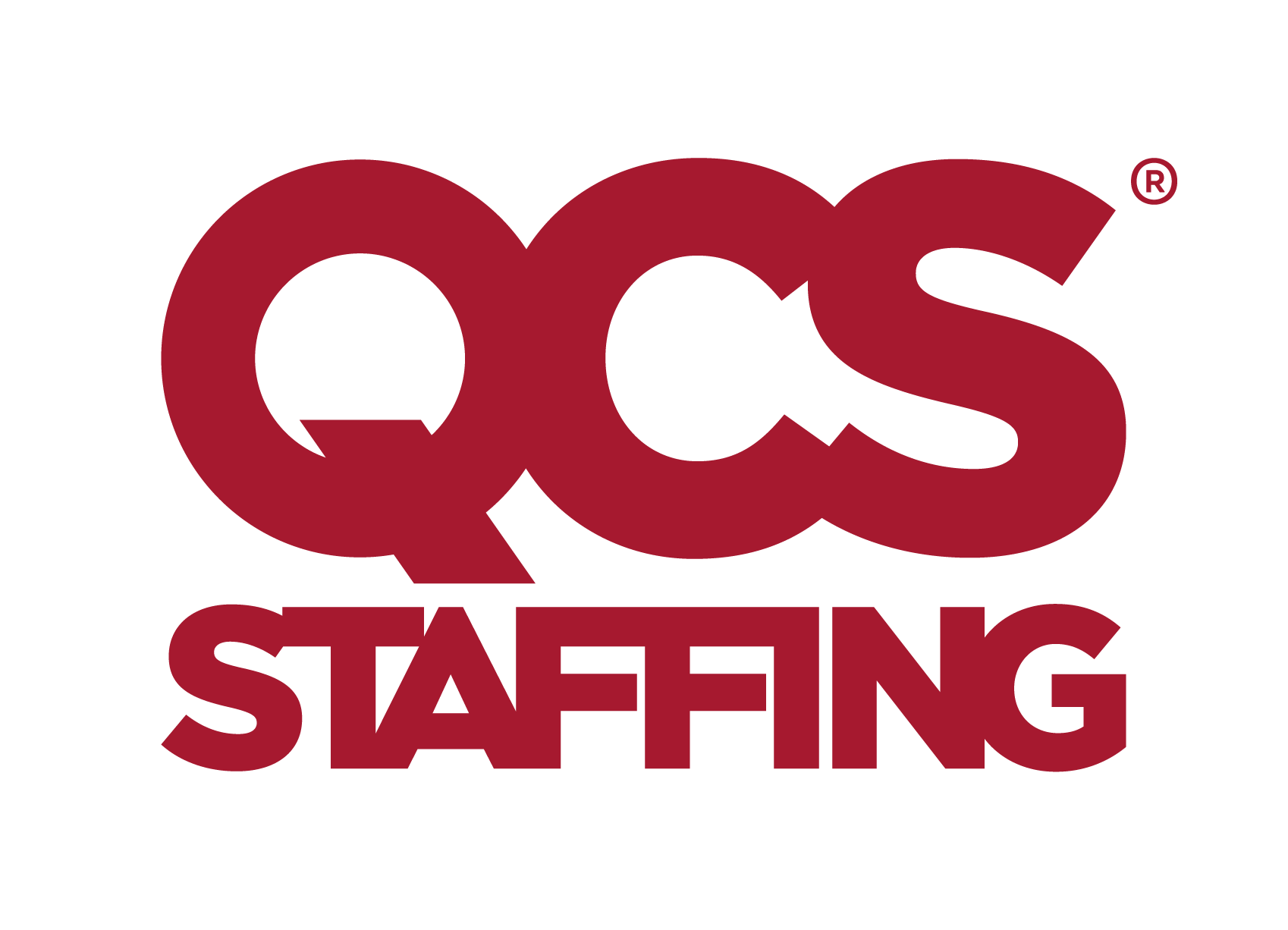UK Life Sciences Vision - One year on
In 2021, the UK government published a Life Sciences Vision, a plan mastered to stimulate a thriving UK life sciences industry. The core focus of this plan is to tackle some of the most concerning healthcare challenges of our generation. While the vision was always in the making, the 2020 Covid-19 pandemic gave it a push and played a huge role in shaping the key components.
One year on, this plan has unfolded to produce proactive results in the form of new clinical trials, AI technologies, and personalised healthcare. These results are partially government oriented but are also influenced by private companies that are actively supporting UK’s Life Sciences Vision.
For example, Oxford Academic Health Partners reassessed company missions to advocate new goals that would positively stimulate the UK’s health sector. Goals include reducing mortality and morbidity from respiratory disease as well as sustaining the UK’s position in vaccine research, development, and manufacturing.
The advancements of the Life Sciences Vision
While the 10-year plan is in its infancy, the UK Life Science Vision is well underway, and the following advancements have been made:
Secured funding
An impressive £354 million has been allocated to support life sciences manufacturing. This money will be used to fund companies involved in human medicines, medical diagnostics, and MedTech products.
Simultaneously, up to £200m has been secured to support a 3-year mission to improve accessibility to and linkage of NHS and related healthcare data.
With this support, smaller privatised companies are more able to focus on breakthrough innovations.
Technology has been prioritised
A huge portion of government grants will be awarded to life sciences companies that are ready to deploy emerging technologies.
These technologies, such as AI robots and 3D printing machines, are speeding up research, testing, manufacturing, and deployment. Essentially, they’re supporting the UK’s mission to improve the quality and speed of health and care by using the most productive means possible.
For example, using technology, Alchemab, a 3-year-old company, is studying how human responses to chronic diseases may stem from differences in antibody production. Since conception, they’ve already found a set of antibodies common to survivors of pancreatic cancer.
Economic growth
According to a 2022 report from The Economist, “the life-sciences industry is a jewel in Britain’s economy.” This is because the newly competitive life sciences sector is bolstering economic growth through job creation, increased innovation, and health resilience.
Statistically, the sector boasted a record-breaking year in 2021, with life sciences jobs growing by 37%.
The future of Life Sciences UK
The year ahead is predicted to be exciting in UK life sciences, with many drivers in change emerging.
Focus on recovery from the Covid-19 pandemic will continue, but a shift towards the development of new vaccines and treatments is also expected. A priority will also be to see how the sector can collaborate more closely with governments, regulators, and public health bodies to formulise better responses to future pandemics.
Do you want to help shape the future of life sciences?
Find your next life sciences career with QCS Staffing! As active and passionate players in the life sciences sector, our goal is to recruit the best candidates for companies we collaborate with. This helps us to have a positive impact on the results of plans such as the UK Life Sciences Vision.
If you’re eager to apply your skills and create a brighter, healthier future for all, then we invite you to browse our life science jobs – you might just find your perfect fit!






